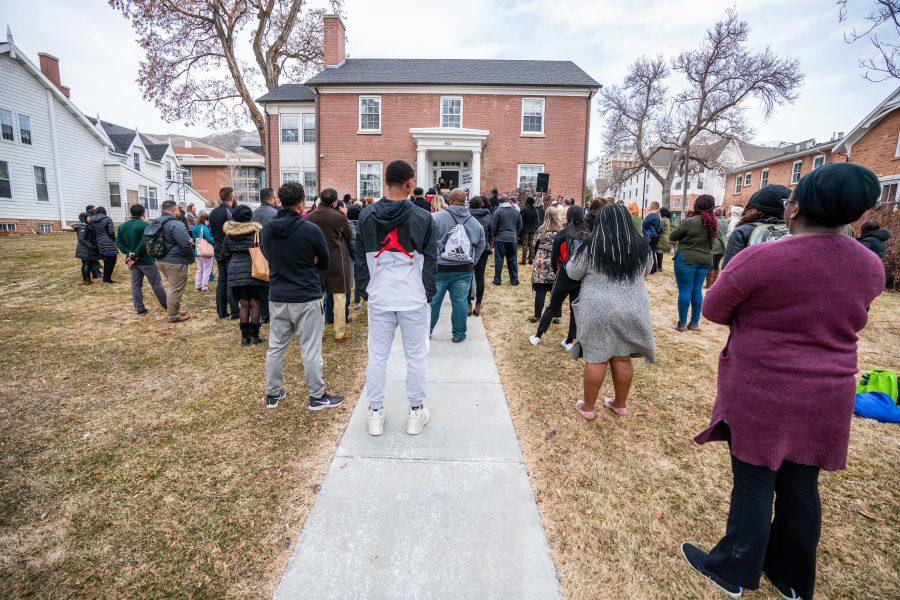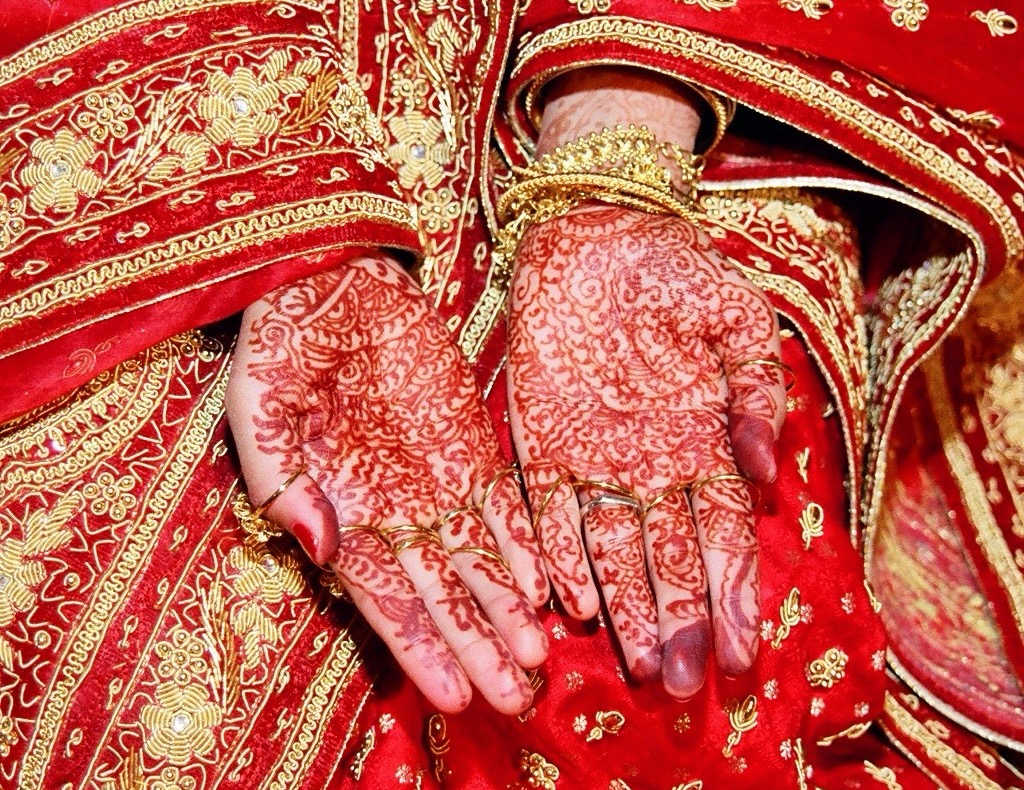Black History Month: The U Needs to Do More to Support Black Communities, Students Say
Community members and students gather for the Open House of the Black Cultural Center at the University of Utah (Courtesy of The Office for Equity and Diversity)
February 21, 2023
Over the course of February 2023, the Black Cultural Center will have several events each week to honor Black History Month and celebrate Black students at the University of Utah. These events will focus on commemorating the past while celebrating the future of Black communities, according to Ephraim Kojo Kum, the program coordinator at the Black Cultural Center.
“It may be in the past, but it is why we are at our present and it guides our future,” Kum said. “By remembering the past and celebrating the achievements of Black people and Black communities of the past and recognizing that every day we’re making history, it can lead us to a brighter future.”
Nia Brooks, a sophomore majoring in honors pre-med biology and an operation S.U.C.C.E.S.S. undergraduate fellow at the Black Cultural Center, said it’s important the U shows its support for Black students this month to emphasize that they are seen and valued, as much of Black history is discarded and left out of school curriculum.
“With schooling in the U.S., a lot of our history is left out of the history books,” Brooks said. “It’s important that the U show its support for the Black community by having these events and having the opportunity to educate and get educated about our history.”
In U.S. classrooms, only about 8-9% of total class time is devoted to learning about Black history, according to the National Council for the Social Studies. Additionally, at least 13 states have new laws that restrict how race can be taught in schools, according to the Washington Post.
Actions Speak Louder Than Words
While the U recognizes Black History Month and has made announcements about it, Brooks said the U could be doing more than they are to make the Black community on campus feel seen. Specifically, Brooks said this year she would like to see more people in leadership positions attend their events to show they care, which would encourage students to show up as well.
“It would speak measures if, like, our student body president or the president of the university showed up to [our] events,” Brooks said.
Arin Perkins, another operation S.U.C.C.E.S.S. fellow studying law, said the cultural centers at the U in general receive much less funding than other organizations on campus, and spreading the funding more evenly would show students of color they are appreciated.
“The organizations that are under Student Affairs versus under EDI, this funding is very different,” Perkins said. “Having more resources to be able to put on programs and scholarship programs and mentorship things, I think all just comes down to money at the end of the day, and where the university is putting its money is showing where they care.”
Supporting Black Communities
Perkins said one of the best ways students can honor Black History Month and celebrate the Black community is by supporting Black-owned businesses. Knowing Black history is another important thing, Perkins said, because it shows support and honors Black History Month.
Perkins said allies can support Black History Month by “doing the work to research the history themselves because it is exhausting, sometimes, having to teach people why it’s important or the history behind certain language or certain practices.”
Brooks added that another great way students can support the Black community on campus is by attending the events hosted by the Black Cultural Center throughout the month and showing support.
“Attend our events,” Brooks said. “Ask questions … you don’t know if you don’t ask. We’re happy to give out an assisting hand wherever we can and offer support. Come out, show your face and have a good time.”
All people should feel welcome to come to the Black Cultural Center and its events no matter their race, said Brooks, and no one should feel as if their attendance isn’t appreciated.
“A lot of the mindset is like, ‘Oh, I’m not welcome there because I’m not Black,’ and that’s not the case at all,” Brooks said.
The Black Cultural Center staff has put a lot of time and effort into coordinating these events, and Kum said showing support for their hard work would be greatly appreciated, and would allow the spirit of remembrance and celebration of Black History Month to “transcend beyond just the month of February.”
More from the Student Voices Issue











